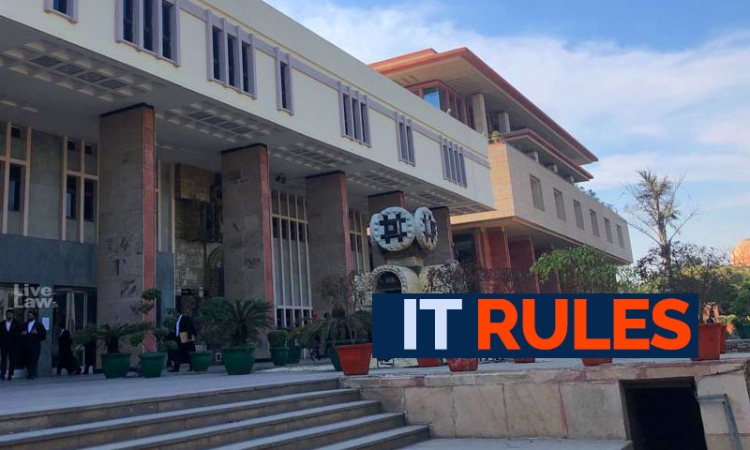Delhi High Court Issues Notice On Fresh Plea Challenging IT Rules
Nupur Thapliyal
22 July 2021 11:56 AM IST

Next Story
22 July 2021 11:56 AM IST
The Delhi High Court on Thursday issued notice on a fresh plea challenging the vires of Information Technology (Guidelines For Intermediaries And Digital Media Ethics Code) Rules, 2021.A division bench comprising of Chief Justice DN Patel and Justice Jyoti Singh sought response of Ministry of Electronics and Information Technology. The notice is made returnable on September 13.Moved by...
